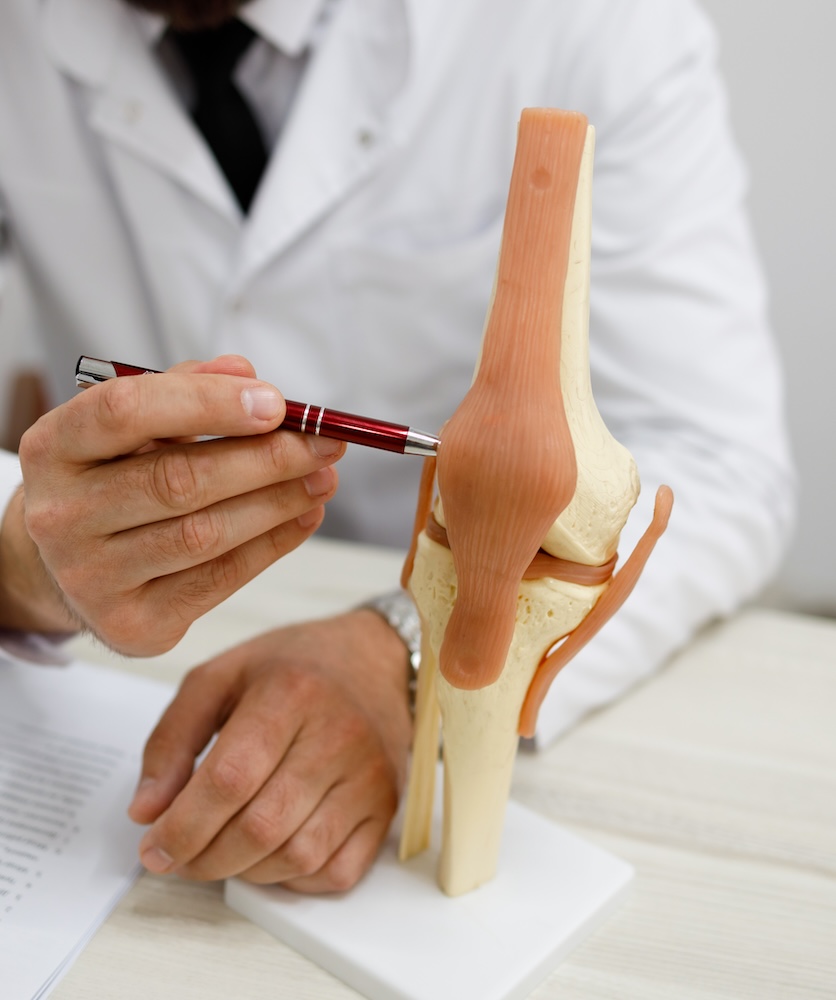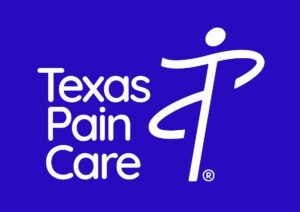
If you experience pain in the back after a routine tennis match, or tingling in the legs after golfing, or even numbness in the feet after walking, spinal stenosis might be to blame. Spinal stenosis happens when the space inside the bones of the spine get too small, causing the nerves to become pinched and compressed.






